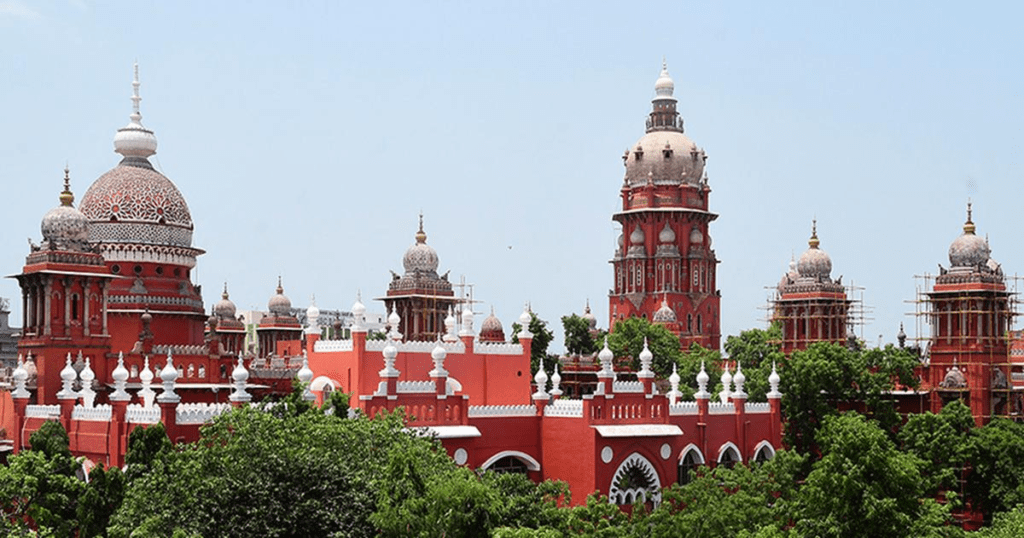
In the case titled Annadurai v Jaya, it was held by the Madras High Court that the mother is a legal successor to her deceased daughter’s property and is consequently qualified to claim accrued arrears of the daughter’s maintenance.
Justice V Sivagnanam of the High Court disregarded a criminal modification application registered by one Annadurai, challenging a magistrate’s court ruling that had approved his mother-in-law to retrieve the arrears of maintenance amounting to ₹6.2 lahks, after his divorced wife died during the lawsuit’s pendency In a verdict laid down on April 21.
The Court conveyed that by going over together the sub-sections 1 and 2 of Section 14 of the Hindu Succession Act it was made lucid that arrears of maintenance can be both movable and immovable possessions that one had received under a judgment.
Furthermore, the Court declared that as per the Transfer of Property Act, the arrears of maintenance will be in the “nature of the property that is heritable.” But, the right to “future maintenance, however, was not transferable or heritable.”
The pleader’s spouse had contended that the maintenance was the deceased’s right and that right was extinguished or perished once she died.
The liberty to claim maintenance would not have persisted on the divorced wife’s demise, her mother was not qualified to resume the proceedings and not authorized to claim arrears of maintenance, he had asserted.
Nonetheless, the Court declared that as per Section 15(1)(c) of the Hindu Succession Act, a mother was permitted to the property of her daughter and that doctrine would pertain to the present lawsuit.
“No doubt, the right of maintenance is wife’s personal right. The maxim “Action personalis moritur cum persona” (A personal action dies with the person) is applicable, so far as future maintenance is concerned. So far as the arrears of maintenance is concerned, it is a property of wife as per the explanation 2 Section 14 of Hindu Succession Act,” the High Court conveyed.
The Court approved with the respondent counsel’s proposal that since a mother was privileged to the property of her daughter, in the present lawsuit, the respondent mother was allowed to the arrears of maintenance accrued till the casualty of her daughter.
“In view of Section 15(1)(c) of the Hindu Succession Act, the mother is entitled to the property of her daughter. In this case, the arrears of maintenance accrued till the death of her daughter Saraswathi (wife of the petitioner). Therefore, the learned Judge rightly impleaded the mother of the deceased daughter (wife of the petitioner) in the petition for arrears of maintenance. There is no infirmity in the order passed by the learned Judge and no reason to interfere with the impugned order and no merit in the criminal revision case. Accordingly, the criminal revision case is dismissed. Consequently, connected miscellaneous petitions are closed,” the High Court affirmed.
Advocate K Govi Ganesan occurred for the petitioner Annadurai.
Advocate R Amburaj rose up for the respondent mother-in-law.
Written by Sonakshi Misra, 2nd year (4th semester) B.A.LL.B. Hons. student at Atal Bihari Vajpayee School of Legal Studies, Chhatrapati Shahu Ji Maharaj University, Kanpur.





0 Comments